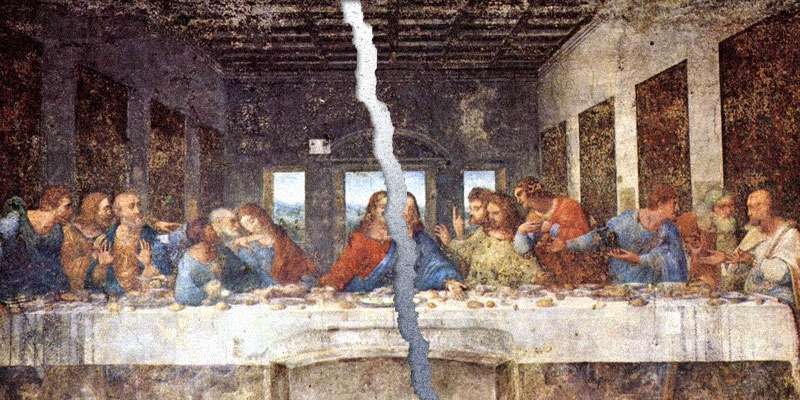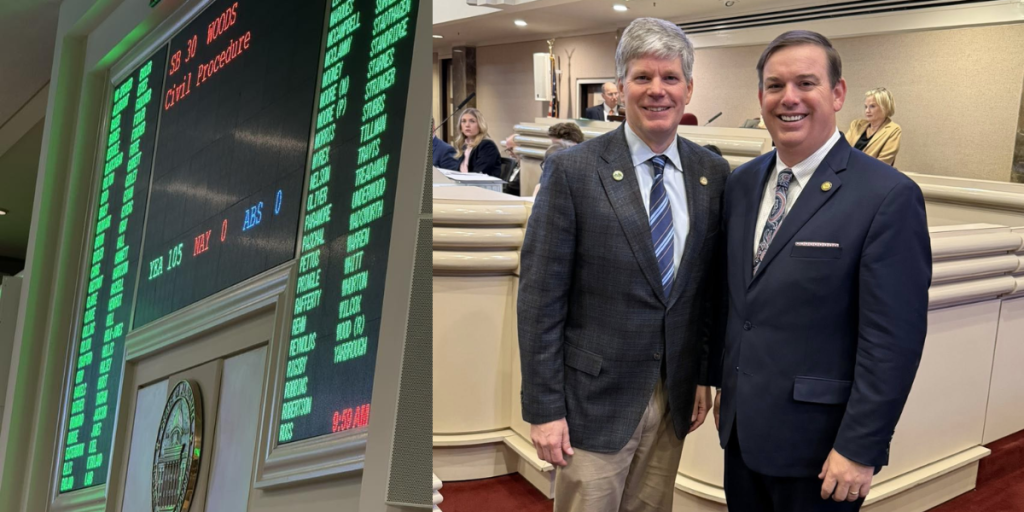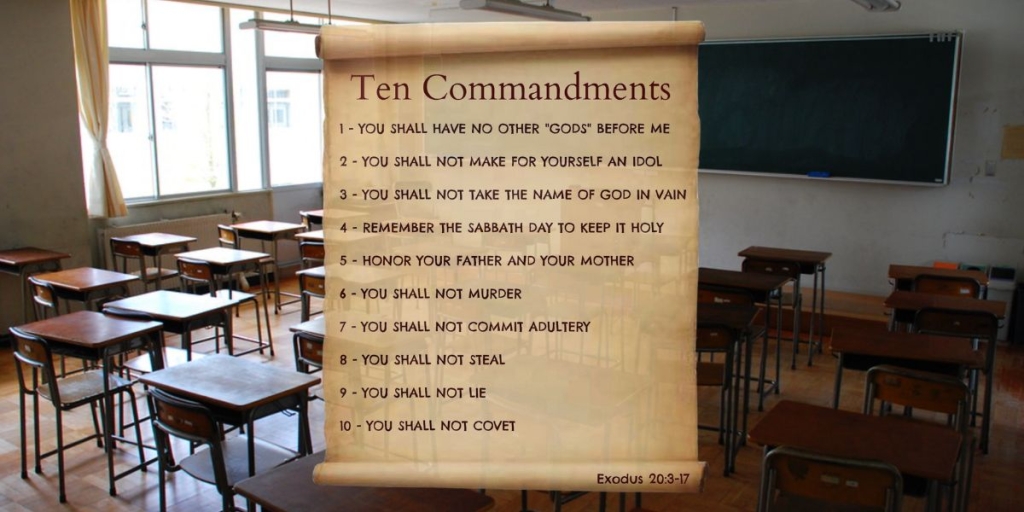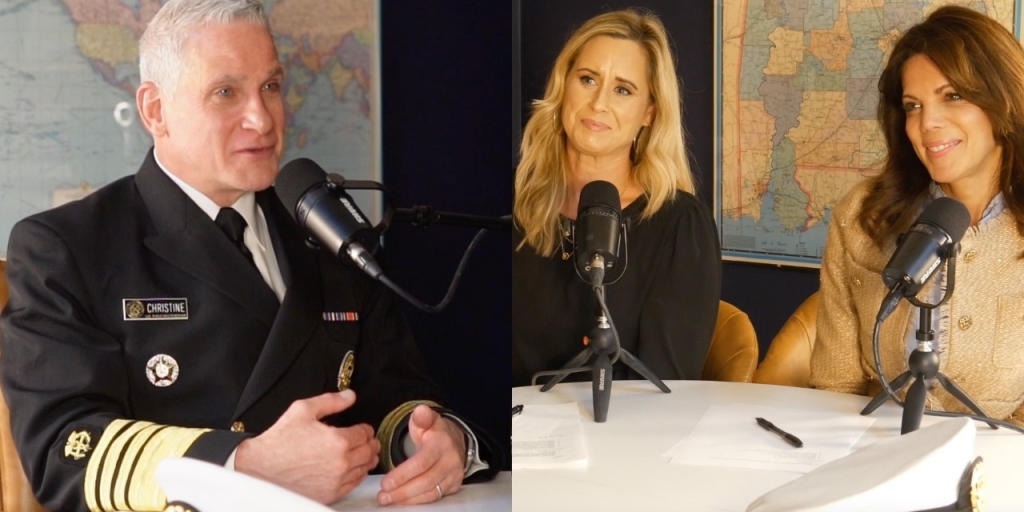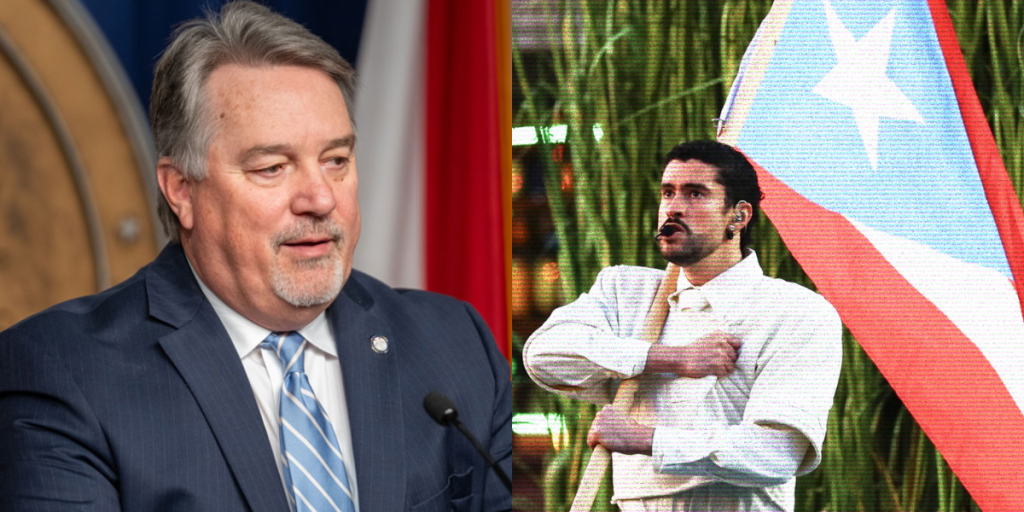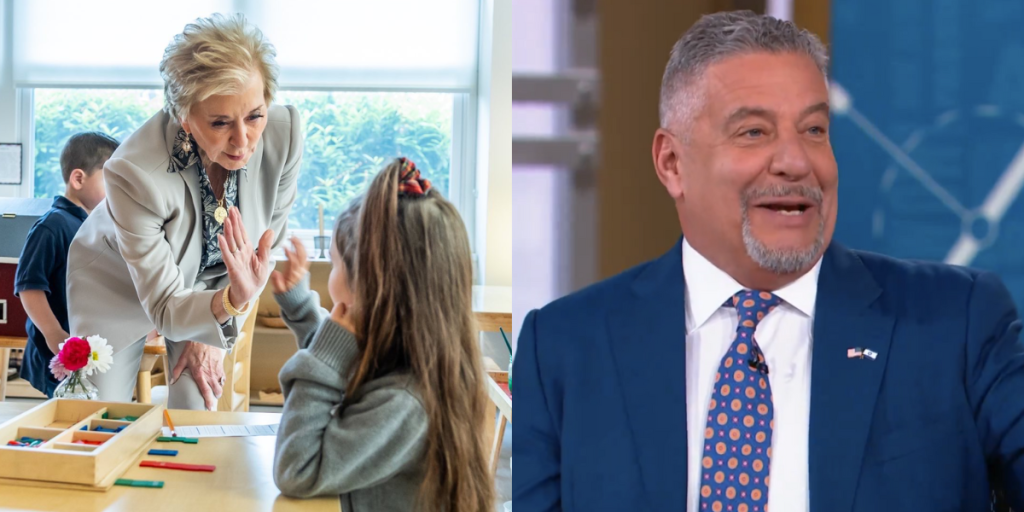Depending on who you are, the Protestant Reformation’s quincentennial is of varying significance. Some celebrate while others lament, but as Mobile’s Archbishop Thomas Rodi argues, the anniversary presents all Christians with a unique opportunity.
“This 500 anniversary is an opportunity to reflect back,” Archbishop Rodi said in an interview with Yellowhammer News, “because increasingly we do not have the emotionally divisive of time of 500 years ago, when literally Catholics and Protestants were killing one another, Protestants and Protestants were killing one another. It was a very emotional and divided moment. 500 years later, we can reflect back and ask, what were the issues and why are we divided, and where do we go from here?”
Christians can start by learning from one another. Catholics have much to learn from Protestants, Archbishop Rodi said.
“The Second Vatican council in the 60s certainly said that we can learn from each other. That was a watershed moment in the history of the church. The Protestants – and it’s hard, because we are painting with such broad strokes here because Protestants disagree themselves – but there’s a great love for scripture. And I think that is something we can learn from them. Catholics have always honored the Bible, but to have an even greater love for scripture is something we can learn. And just the love of God and [focus] on the personal relationship that God wants to have with us.”
Protestants can also learn from Catholics.
“At the same time, I think others can learn from Catholics the importance of unity and obedience. We need to work through our disagreements, rather than to immediately separate ourselves from one another. And I think others can learn from Catholics that our faith needs to be put into action in serving the needs of others. Catholics have been traditionally interested in serving the poor, in opening up social service centers, and schools and hospitals and orphanages, not that it wouldn’t be known in other churches, but Catholics have certainly stressed that. We can learn much from each other and I think that is happening.”
In any case, Archbishop Rodi says such an undertaking is somewhat beyond us.
“We will see where the Holy Spirit guides us.”
As for the Reformation itself, Archbishop Rodi recognizes and sympathizes with its motivations. Undeniably, the medieval church was in desperate need of reform.
“A lot of good came out of [the Reformation], because the church was in need of reform. That he [Martin Luther] saw that the church needed to be reformed, Catholics would agree with that. The church definitely needed to be reformed then, and always.”
However, he regrets how it occurred.
“But do we leave the church to do that, or do we stay within? Do we divide Christians, or do we stay united in seeking reform? And that is where we Catholics would say we cannot celebrate division because Jesus prayed for unity.”
Archbishop Rodi repeatedly stressed the importance of unity, citing Jesus’ prayer at the Last Supper in John’s gospel.
“It’s very interesting the statement that he makes. ‘Father, may they be one, as you and I are one.’ But then the rest of that sentence is so important: ‘so that the world may believe you sent me.’ Jesus knew that if his followers were divided, it would scandalize the world. And I think we see that, that if Christians are divided, if Christians can’t agree, if Christians can’t show a visible unity, it scandalizes the world.”
Unity ought to be a focus of all Christians, Archbishop Rodi said, as they work to accomplish the mission of Jesus.
“This anniversary is an opportunity for us to ask, well, if Jesus prayed for unity, how do we seek to follow that prayer of Jesus and how can we let the Holy Spirit work in a way that brings about what Jesus prayed for?”




